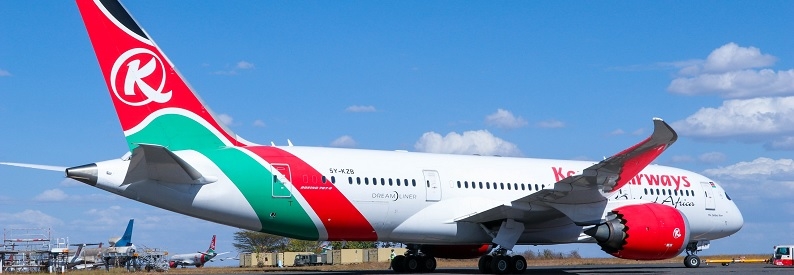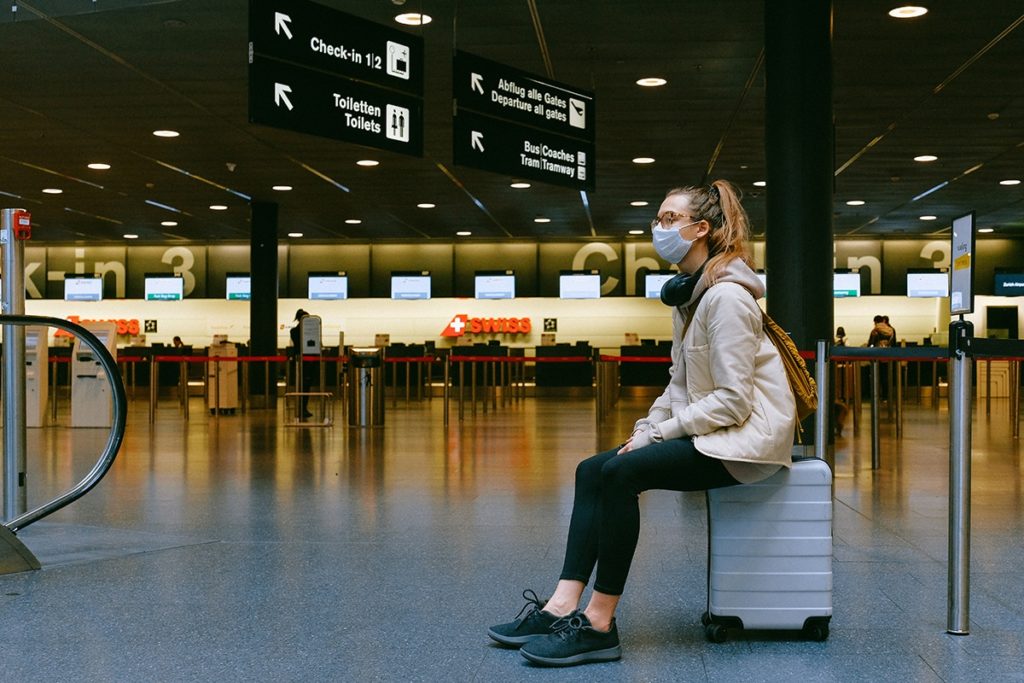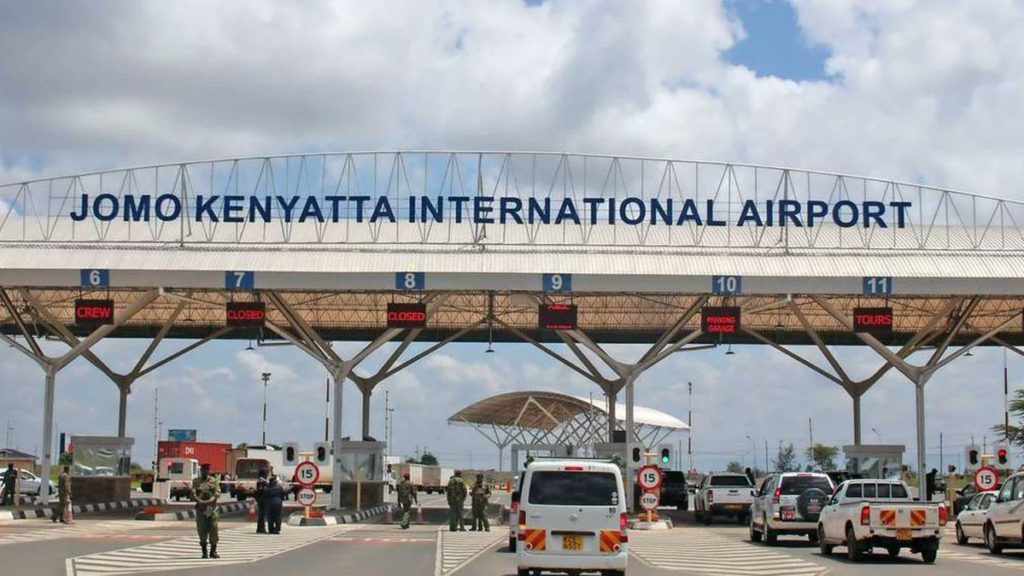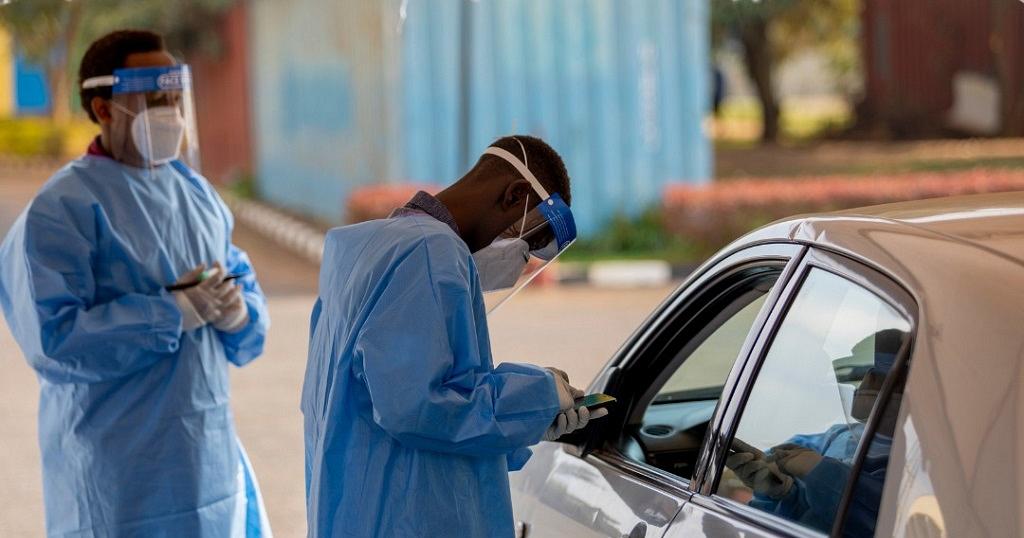The Latest COVID-19 Restrictions for travel to Kenya
Looking to Visit Kenya on a safari during the present COVID-19 Era, we recommend thoroughly reading our Latest blog on Restrictions for travel to Kenya – Keep on the safe side of life with Realm Africa Safaris™.
- Passengers entering or transiting through Kenya must have a negative COVID-19 PCR test taken at most 72 hours before departure from the first embarkation point. The test result must be in English. This does not apply to passengers younger than 5 years.
- Passengers must complete the “Travelers Health Surveillance Form” online at https://ears.health.go.ke/airline_registration/. This will generate a QR code which must be presented upon arrival. Restrictions for Travel to Kenya
- Passengers arriving from Brunei Darussalam, Kuwait, Qatar, or Thailand must have a quarantine hotel reservation. This does not apply to:
**Nationals and residents of Kenya. They are subject to home isolation for 7 days;
**Passengers transiting through Doha International Airport (DOH) onward to Kenya. - Passengers could be subject to quarantine. A list of quarantine exemptions can be found at https://www.kcaa.or.ke/covid-19/quarantine-exempted-states.
- Passengers are subject to medical screening.
Country-Specific Information
- As of September 21, 2021, there have been 246,956 confirmed cases of COVID-19 in Kenya, with 238,448 recovered patients and 5,008 related deaths.
- On June 29th, the Government of Kenya announced continued restrictions in response to the worsening of the COVID-19 pandemic. Restrictions are primarily focused on 13 counties declared a “hotspot zone” – specifically Busia, Vihiga, Kisii, Nyamira, Kakamega, Trans Nzoia, Bungoma, Kericho, Bomet, Siaya, Kisumu, Homa Bay, and Migori. Restrictions for the “hotspot zone” include:
- A curfew enforced from 7:00 p.m. to 4:00 a.m.
- Movement between the hotspot zone and the rest of the country is strongly discouraged, except for essential and emergency services.
- Non-food and livestock markets are suspended.
- Employers are advised to allow employees to work from home.
- All physical and worship gatherings are suspended.
- Country-wide restrictions include:
- A curfew enforced from 10:00 p.m. to 4:00 a.m.
- The continued prohibition against political gatherings and all public gatherings.
- Places of worship may only use one-third of their normal capacity.
- All funerals must be held within 72 hours after the confirmation of death, and no more than 100 people may attend a funeral.
- Weddings, ceremonies of rites of passage, and all other similar events or ceremonies may have no more than 100 people attending.
- Hospitals must restrict visitors to one individual per patient.
- International travel continues under existing guidelines (listed below);
- Mandatory wearing of masks in public remains in effect. The government will not provide services to individuals not wearing a mask;
- International flights resumed on August 1, 2020. Domestic air travel resumed on July 15, 2020, under Ministry of Health and Transport guidelines;
- There are no inland border crossings except for commercial trucks.
Guidelines for Tourists Visiting Kenya During the COVID-19 era
Effective from 11 June, all flight restrictions between Kenya and the United Kingdom have been lifted.
- From midnight 24 May 2021, all passengers/crew arriving from the UK must have a valid certificate for a negative COVID-19 PCR test taken no more than 96 hours before arrival in Kenya except children below 5 years of age.
- All travelers – regardless of age, and even those only transiting Kenya – must carry evidence of a negative COVID-19 PCR test taken within 96 hours of flying that can be verified digitally through the Trusted Travel Initiative (TT) system and the PanaBios system. At this time, it appears that a test result is required even if a traveler has been vaccinated.
- In instances where travelers have been unable to verify their test online through the Trusted Travel Initiative website, Kenyan Port of Health Authorities will conduct manual verification using a hard copy of a negative PCR test result that has been stamped by the test center as well as a hard copy of the official receipt for the payment of the PCR test.
- Travelers from some countries are required to quarantine for 14 days. Travelers from countries on this list are exempt from quarantine if they present a negative COVID-19 test. The test must be a PCR test. Travelers with a negative rapid test result will still need to enter mandatory or voluntary quarantine for 14 days.
- As of 9 April 2021, all passenger flights, whether commercial or charter, between Kenya and the UK, will be suspended. The suspension will be reviewed by the Government of Kenya within 4 weeks. All passengers coming to Kenya from the UK require a valid COVID-19 vaccination certificate and a COVID-19 negative PCR test and must self-isolate on arrival for 7 days. All UK citizens and residents traveling to Kenya from the UK via any route who have a valid COVID-19 PCR test, but do not have a valid COVID-19 vaccination certificate, will be subject to 14 days mandatory quarantine on arrival at a Government of Kenya facility at their own cost.
- All travelers must fill out a “Travelers Health Surveillance Form” online for contact tracing
- There will be health screenings on arrival
- Anyone who shows symptoms of COVID-19 on arrival will be required to quarantine in their accommodation for the first 14 days. Passengers seated on two rows surrounding anyone on a flight displaying symptoms will be traced and required to quarantine for 14 days.
- Effective 1 January 2021, the Republic of Kenya has fully automated the issuance of visas. Visa on arrival will no longer be available after that date.
Additional Travel Restrictions to Kenya during COVID-19 era
- The Government of Kenya has directed that face masks must be worn in public places, except when dining, or when adhering to social distancing in hotels, gardens, or on beaches. Public places, tourism, and hospitality establishments, travel and tour companies, hotels and other accommodations, and recreation facilities are allowed to operate, provided they comply with Government of Kenya public health protocols, including social distancing and the night-time curfew of 10 pm (local).
- Restaurants and eateries may open to customers, provided they comply with Government of Kenya public health protocols including social distancing and the night-time curfew of 10 pm (local). All bars across Kenya are required to close at 7 pm (local time).
- All public and political gatherings are prohibited.
- The maximum number of persons permitted to attend funerals has been capped at 50, with all in attendance expected to abide by Ministry of Health protocols.
- Kenyan citizens have been advised to avoid crowded places and to work remotely where possible.
COVID-19 Testing
- Testing is available at the country’s major hospitals (Aga Khan Hospital, Nairobi Hospital, Kenyatta National Hospital) and private laboratories (Lancet laboratories, Meditest diagnostics). The charge for the test is approximately USD 100 (KES 10,000) at private health facilities and USD 50 (KES 5,000) at government hospitals. Test results are typically available within 24 – 96 hours depending on laboratory and location. Some labs, such as Meditest, have mobile services.
- Negative PCR COVID-19 test results are required for all travelers.
- Results are usually obtained by physical copy or email.
COVID-19 Vaccine Information:
- Which vaccines are available in Kenya? the government of Kenya has approved the use of any one of the following vaccines which are readily available for travelers; Oxford/AstraZeneca, Moderna, Pfizer, and Johnson & Johnson’s Janssen (J&J/Janssen). ***The vaccines are being offered on a first-come, first-serve basis, with no booking required. Please note that supplies are limited and vary based on location. COVID-19 vaccination centers (MoH) can be found here.
Entry and Exit Requirements/restrictions for travel to Kenya during Covid-19
- Arriving passengers are permitted to enter if the following conditions are met:
- The passenger does not have a body temperature above 37.5°C (99.5°F); 2) The passenger does not have a persistent cough, difficulty breathing, or other flu-like symptoms; 3) The passenger has a negative PCR-based COVID-19 test conducted within 72 hours prior to arrival. Please visit the Kenyan Ministry of Health’s COVID-19 website or call the COVID-19 hotline at 719 for updated information. Restrictions for Travel to Kenya
- Incoming Travelers are required to have a QR code for a completed Travelers Health Surveillance Form which they can access from the website https://ears.health.go.ke/airline_registration/ . When they register on the website, the code is sent to their email.
- The Kenya Ministry of Health launched the Trusted Travel (TT) Initiative: https://africacdc.org/trusted-travel/ . At this time, the QR code is for arriving passengers and the TT code is for those departing. Travelers can get the TT code with their test results from an accredited lab at any major hospital.
- Due to the rapidly- evolving situation, please check with your airlines, transit countries, and final destination on the most updated travel requirements (such as mandatory COVID-19 tests).
- All passengers arriving in or transiting through Kenya must have a negative PCR COVID-19 certificate for a test conducted within 72 hours prior to arrival to Kenya. The Kenyan Ministry of Health is planning to launch the Trusted Travel (TT) Initiative: https://africacdc.org/trusted-travel/ Once this system is implemented, travelers who do not have such a test may be refused boarding or denied entry to Kenya.
- Port Health forms can be found at the Ministry of Health website or the Jitenge Ministry of Health mobile application. Visitors must scan the QR code from this application on entry. Travelers are encouraged to complete this in advance as Wi-Fi connections may be unreliable upon arrival.
- The Government of Kenya established an online portal to extend visitor and resident visas. Please see: https://fns.immigration.go.ke . Please note that the Directorate of Immigration Services has lifted an earlier amnesty on stay in Kenya over the six months stipulated visa period. Visitors on overstayed visas from September 14, 2020, are required to make arrangements to depart within 14 days or apply for residency (permit or pass).
- Please be advised that effective January 1, 2021, all passengers are required to apply and obtain an e-visa before boarding an inbound aircraft to Kenya. The e-visa can be obtained through http://evisa.go.ke/evisa.html
- Due to the rapidly- evolving situation, please check with your airlines, transit countries, and final destination on the most updated travel requirements (such as mandatory COVID-19 tests).





